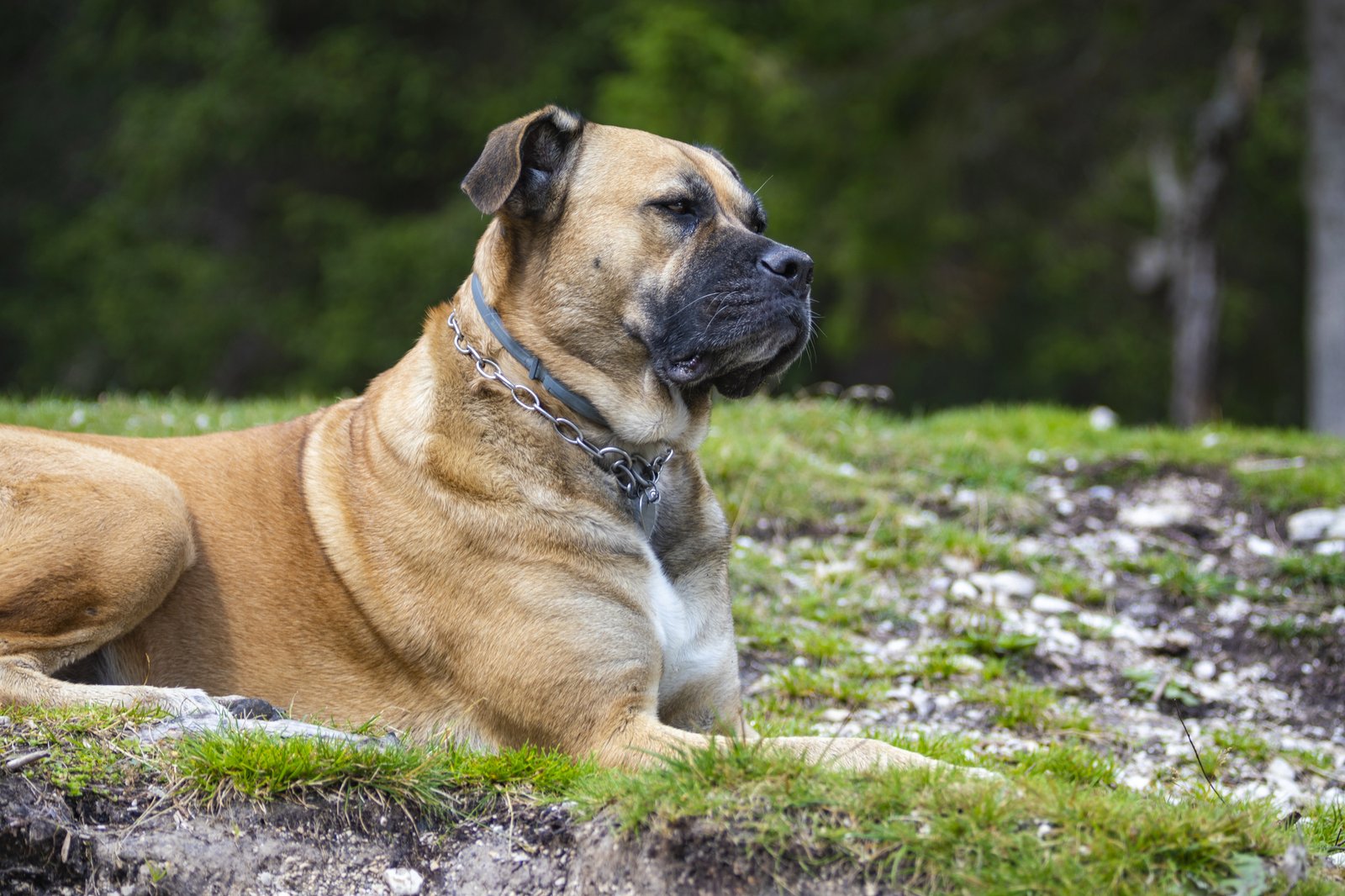When you first lay eyes on an English Mastiff, it’s easy to be awestruck. Towering over most other breeds, these dogs can weigh as much as a grown adult human. Yet, beneath that massive frame lies a heart that’s soft as a feather. Their sheer size can be intimidating—imagine a dog that could block your hallway! But don’t let their appearance fool you. English Mastiffs are famously gentle, earning the nickname “gentle giants” for a reason. Their calm demeanor often surprises people meeting them for the first time, especially when they realize these dogs are more likely to nuzzle your hand than knock you over. If you’re wondering whether such a large dog could ever be a fit for your home, the answer might just surprise you.
Temperament: The Sweetest Souls in the Dog World

English Mastiffs are renowned for their gentle, loving nature. They often form deep bonds with their families, showing affection in quiet, endearing ways. Instead of being hyper or overly energetic, Mastiffs tend to be calm and dignified, preferring to lounge near their loved ones rather than bound around the house. Despite their size, they’re rarely aggressive unless truly provoked or their family is threatened. Many owners describe their Mastiffs as “giant lap dogs,” always seeking out snuggles and attention. This breed is especially patient with children, often tolerating a child’s clumsy affection with a patient sigh and a wag of their tail. If you’re looking for a dog that will offer endless loyalty and warmth, the English Mastiff is hard to beat.
Family Compatibility: A Natural Protector and Companion
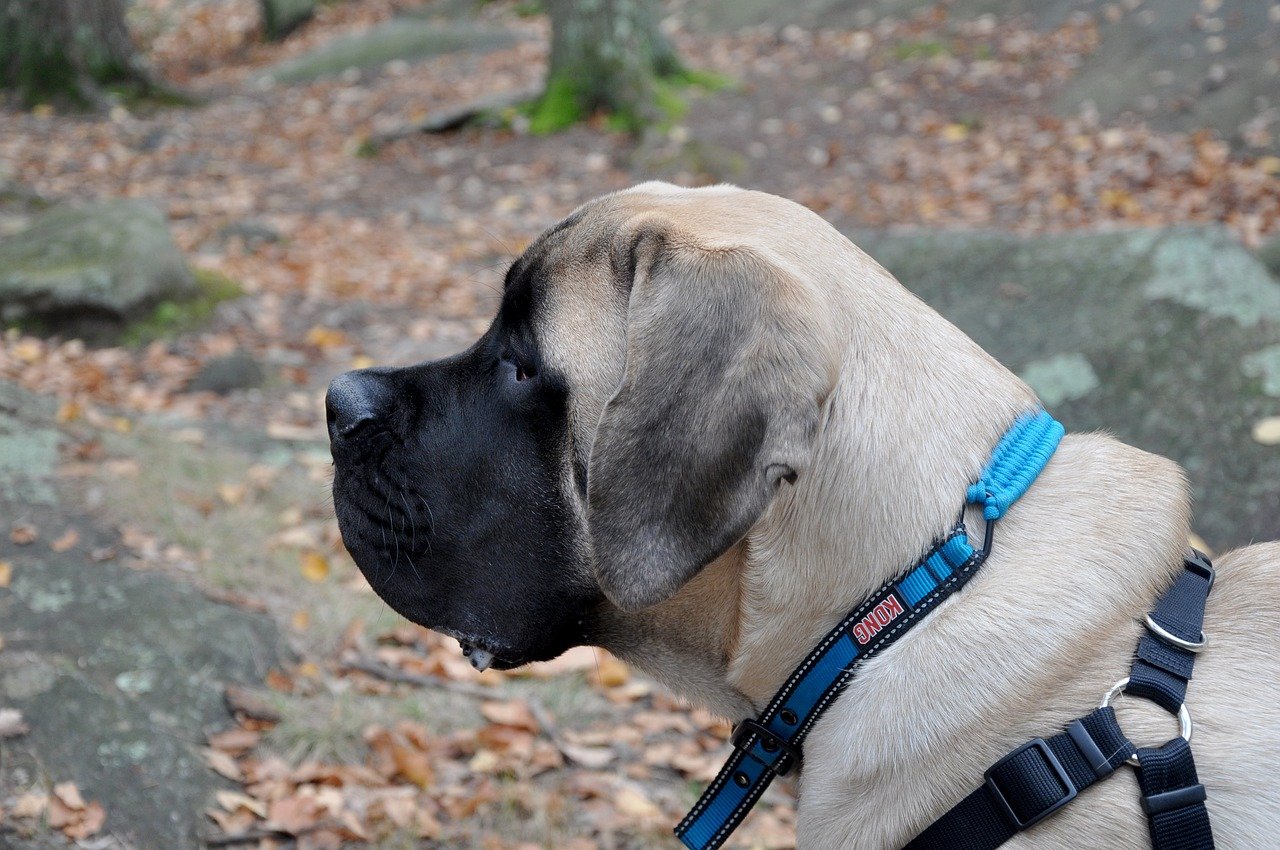
One of the English Mastiff’s most remarkable traits is their devotion to family. They have a natural instinct to protect, often placing themselves between their loved ones and anything unfamiliar. This guardian instinct is balanced by their gentle temperament—Mastiffs aren’t quick to bark or lunge unless they sense real danger. Their calm presence can be reassuring, especially for families with children or elderly members. Mastiffs do best in households where their size and strength are respected, and where children are taught to be gentle in return. Their patience makes them a great fit for families, but supervision is always important with any large dog and small children. With the right guidance, a Mastiff can become a loyal, loving family member for years to come.
Space Requirements: Room to Roam—or Just to Sprawl
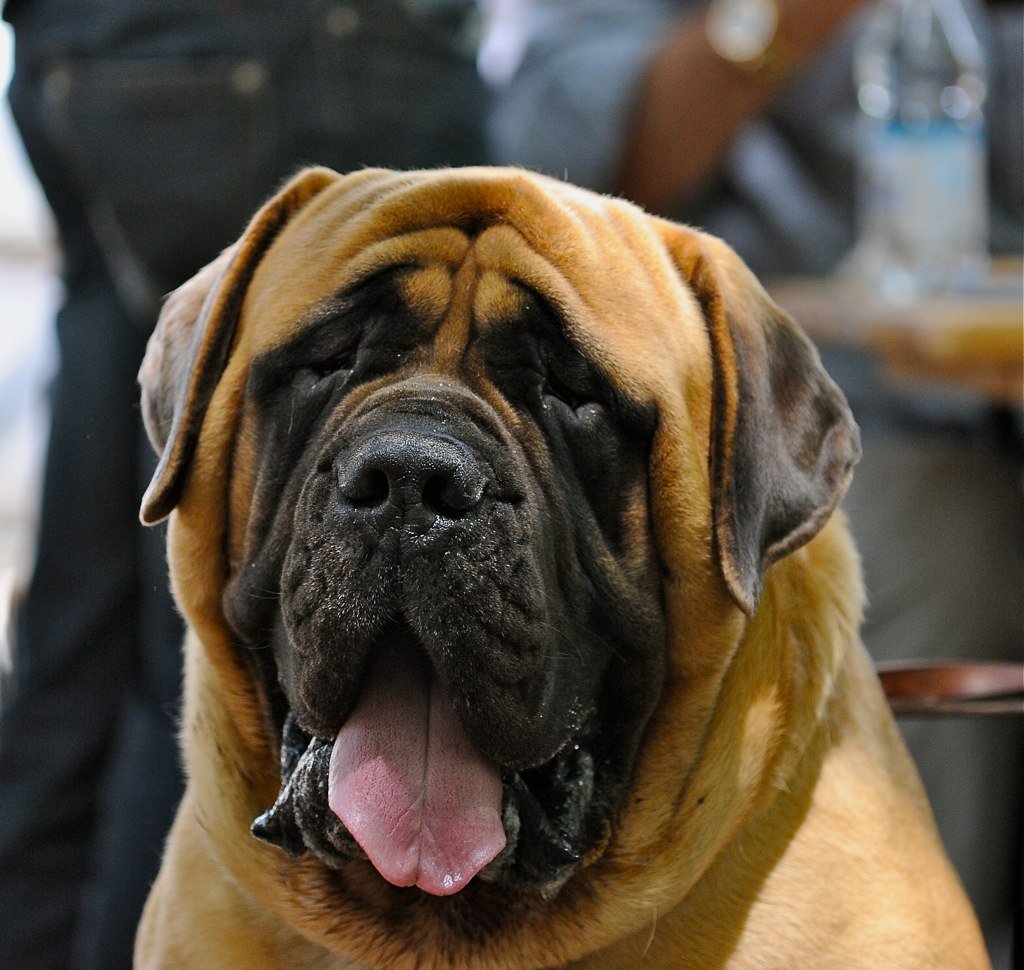
It’s no secret: English Mastiffs are big dogs, and they need space to be comfortable. While they don’t require as much exercise as some high-energy breeds, they do appreciate having room to stretch out. Think of them as gentle giants who love a big, comfy couch or a cool spot on the floor. A small apartment might not be ideal, but a house with a yard gives them a place to explore at their own pace. That said, Mastiffs are surprisingly adaptable. As long as their need for personal space is met and they get regular walks, they can be content in a variety of living situations. Just remember: when a Mastiff lies down, they take up a lot of floor space—so be prepared to step over them!
Exercise and Activity Level: Low-Key but Not Lazy

Despite their imposing size, English Mastiffs are not particularly high-energy dogs. They enjoy a leisurely lifestyle, preferring gentle walks and relaxed playtime over intense exercise. Daily walks are enough to keep them healthy and happy, but too much strenuous activity can actually be harmful to their joints, especially when they’re young and still growing. Mastiffs are often content to nap for hours, occasionally getting up to check on their family or investigate a new scent. If you’re dreaming of a jogging companion, the Mastiff might not be your best fit. But if you want a calm, steady friend to keep you company on quiet strolls, you’ll find their pace just right.
Training and Intelligence: Willing but Sometimes Stubborn
Training an English Mastiff can be a rewarding experience, but it does require patience and consistency. These dogs are intelligent and eager to please, but they can also be a bit stubborn—imagine trying to convince a gentle giant to move if they don’t want to! Positive reinforcement works wonders with Mastiffs; they respond best to praise, treats, and gentle encouragement. Harsh training methods can damage their sensitive spirits and should always be avoided. Early socialization is key to ensuring your Mastiff grows up to be a well-mannered companion, comfortable around other dogs, people, and new environments. With the right approach, Mastiffs can master basic commands and even some impressive tricks.
Grooming Needs: Keeping That Coat Soft and Shiny

The English Mastiff’s short, dense coat is relatively easy to care for. Regular brushing, about once a week, helps remove loose hair and keeps their skin healthy. During shedding season, you might need to brush more frequently to keep fur from piling up around the house. Bathing a dog this size can be a challenge, but it’s only necessary every few months unless they get particularly dirty. Don’t forget to check their ears and trim their nails regularly—neglecting these areas can lead to health issues. Despite their size, grooming a Mastiff isn’t overwhelming with the right tools and a bit of patience. Many owners find that grooming time becomes a bonding experience, as Mastiffs tend to enjoy the gentle attention.
Health and Lifespan: Loving Giants with Special Needs

English Mastiffs are generally hearty dogs, but their size does come with some health concerns. They are prone to joint problems like hip and elbow dysplasia, as well as heart conditions and certain types of cancer. Regular vet check-ups are essential to catch any issues early. Their lifespan tends to be shorter than smaller breeds, averaging around 6 to 10 years. Keeping a Mastiff at a healthy weight through proper diet and moderate exercise can help reduce the risk of many health problems. It’s important to work with a reputable breeder who tests for common genetic conditions. For families willing to commit to their care, the years with a Mastiff are truly unforgettable.
Feeding and Nutrition: Giants with Giant Appetites
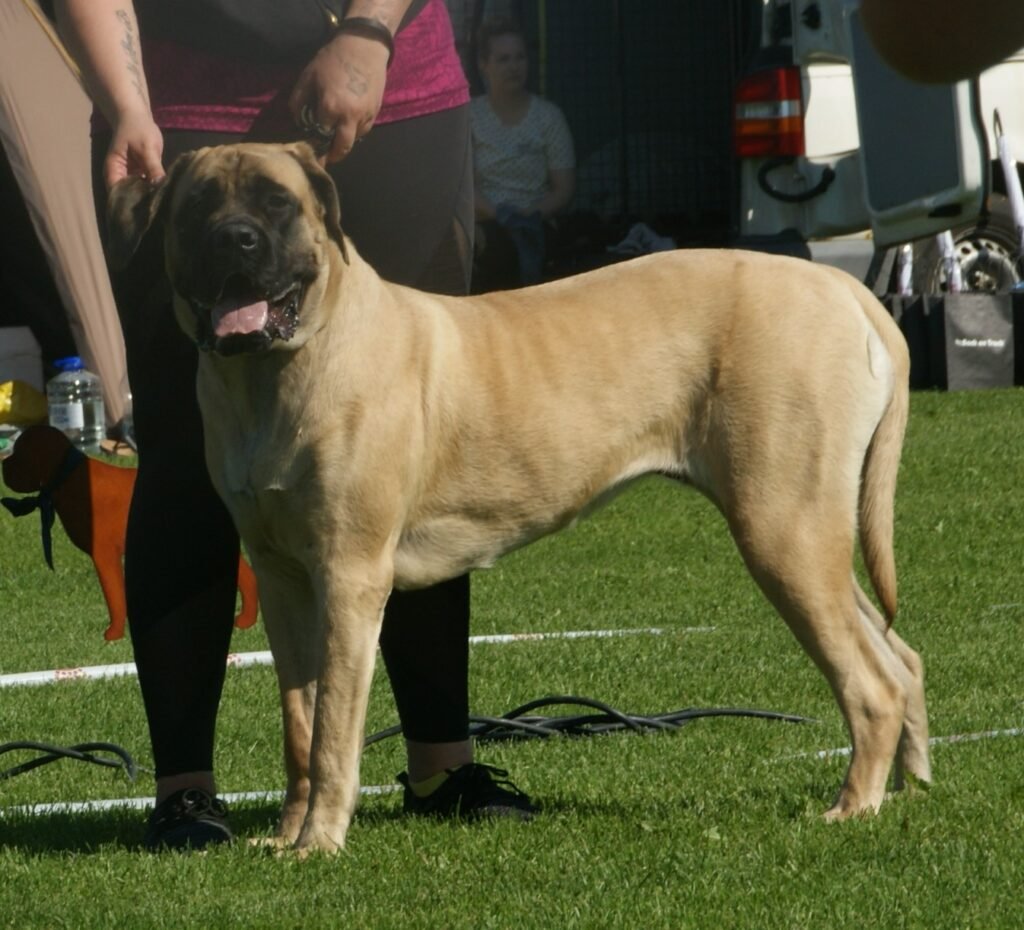
Feeding an English Mastiff is a big responsibility—literally! These dogs require large amounts of high-quality food, and their nutrition needs change as they grow. Puppies should be fed a diet specifically designed for large breeds to support their rapid growth without stressing their joints. Adult Mastiffs benefit from a balanced diet that maintains their muscle mass and keeps them at a healthy weight. Overfeeding can quickly lead to obesity, which can worsen joint problems and impact their quality of life. Many owners split meals into two or three smaller portions a day to avoid bloat, a serious health risk in large dogs. Providing fresh water at all times is essential, and consulting your vet for specific recommendations is always wise.
Potential Challenges: Honest Considerations for Prospective Owners

Owning an English Mastiff is not without its challenges, and it’s important to be realistic before bringing one home. Their massive size can make travel, boarding, and even simple tasks like bathing more complicated. Mastiffs are known to drool—a lot—so be prepared for slobbery kisses and the occasional wet spot on your clothes or furniture. Their protective nature means they need proper socialization to prevent them from becoming overly wary of strangers. Vet bills, food costs, and other expenses add up quickly with a giant breed. Yet, for many owners, the rewards far outweigh the difficulties. If you’re prepared for the commitment, a Mastiff will repay you with endless love and loyalty.
Is the English Mastiff the Right Fit for Your Family?
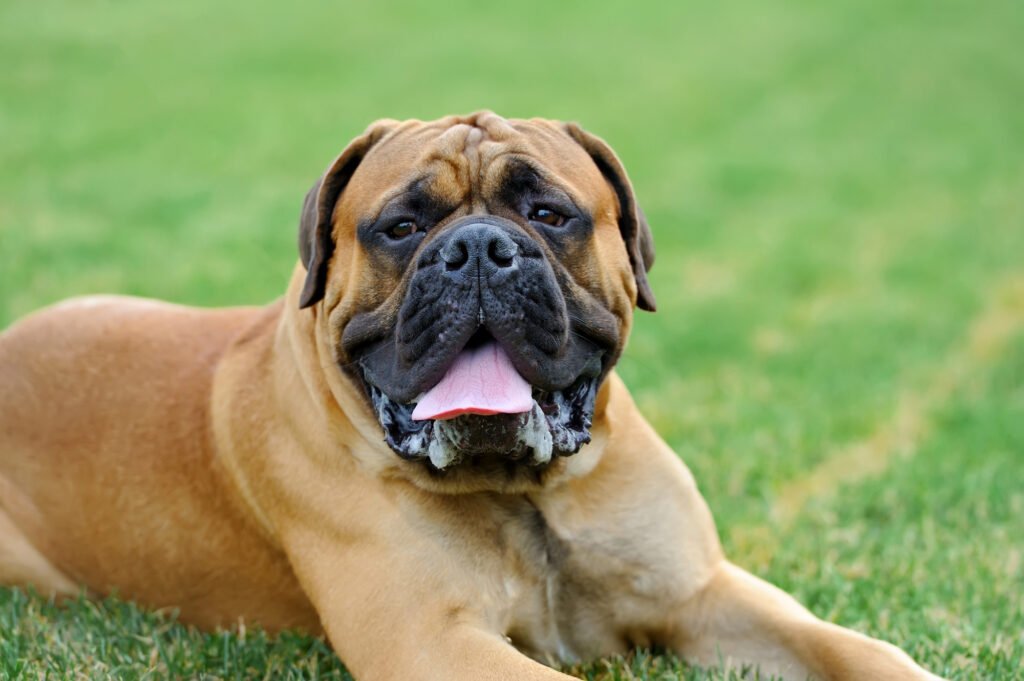
Choosing an English Mastiff means embracing all the joys and challenges that come with a gentle giant. Their loving nature, devotion to family, and calm presence can transform a house into a home. However, their size, special care needs, and unique temperament require thoughtful consideration. If your family is ready for the responsibility and can offer the space, patience, and affection these dogs crave, you might just find that the English Mastiff is the perfect gentle giant for your family.

